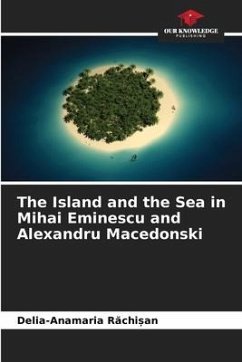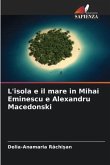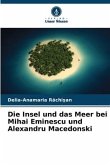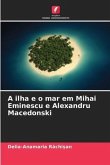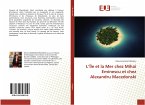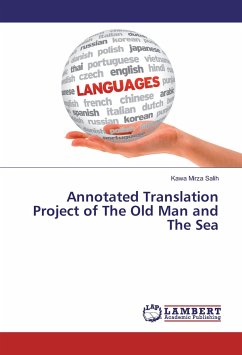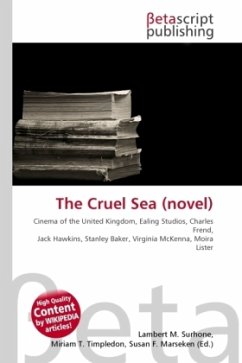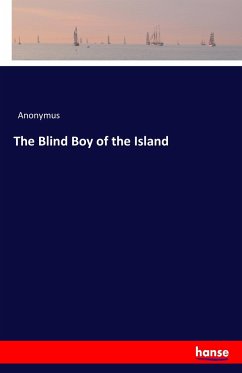Macedonski's work, considered a replica of Eminescu's, attracts attention for its complexity and originality. The study aims to highlight the fact that the island and sea of Eminescu's "Cezara" and Macedonski's "Thalassa", in addition to their meanings, structures and concrete contextual functions, acquire new valences, becoming spaces of eros and/or thanatos. Decoratively speaking, the Isle of Snakes ("Thalassa") is an arid island, while the Isle of Euthanasius ("Cezara") contains lush vegetation. "Thalassa" is a short story built around a pagan myth, and has a closed ending. "Cezara", on the other hand, conceived around a Judeo-Christian myth, is a short story with an open ending. As we go through the works, we notice the unity in diversity, the genius of Eminescu and the talent of Macedonski.
Bitte wählen Sie Ihr Anliegen aus.
Rechnungen
Retourenschein anfordern
Bestellstatus
Storno

